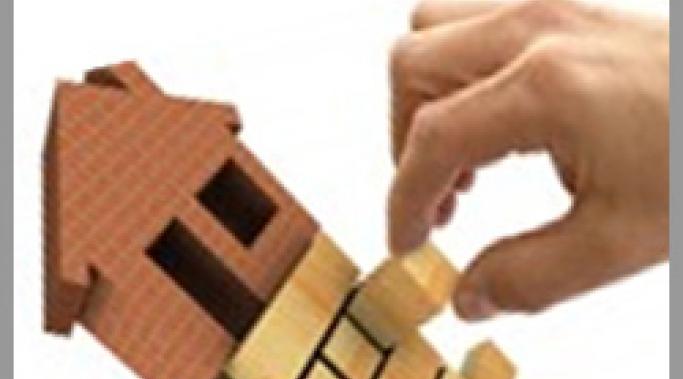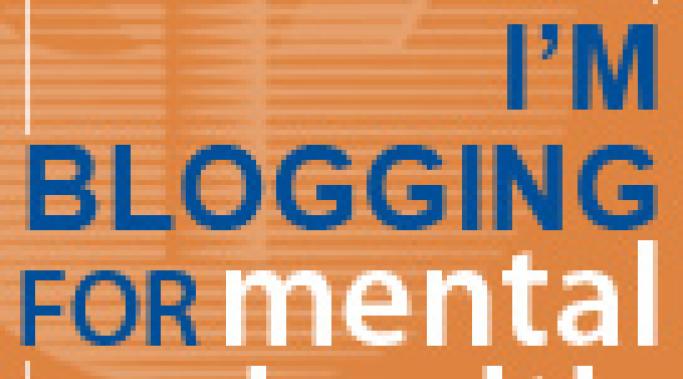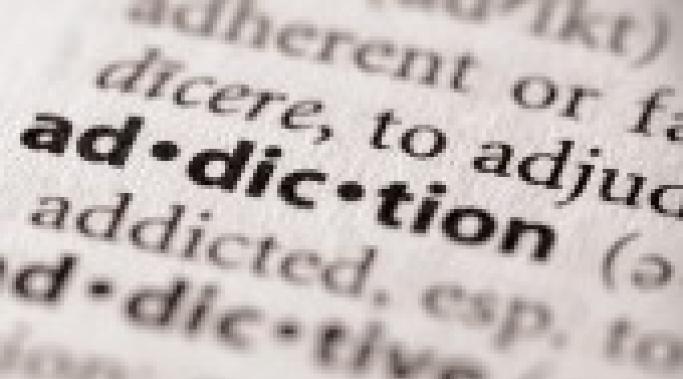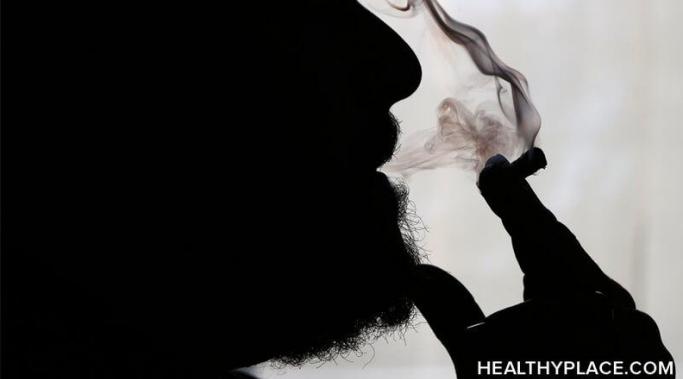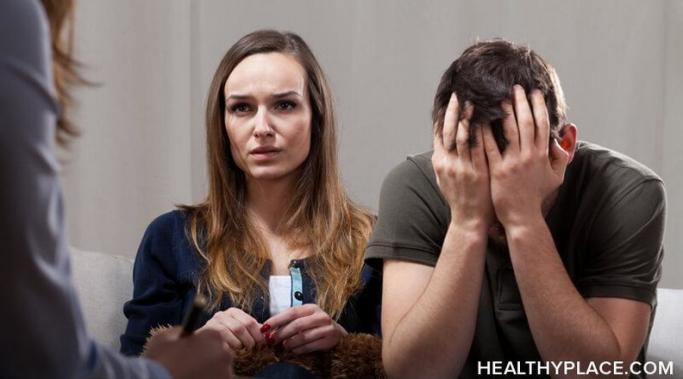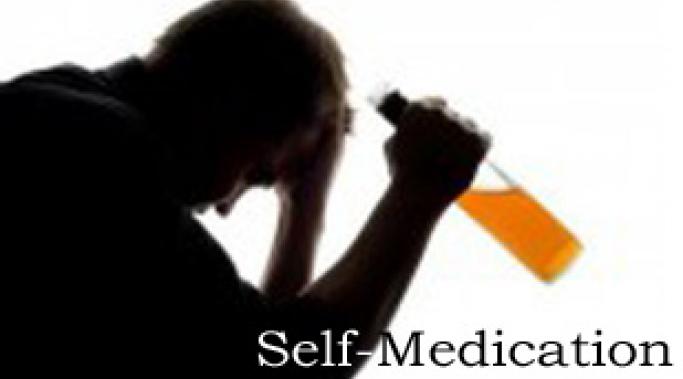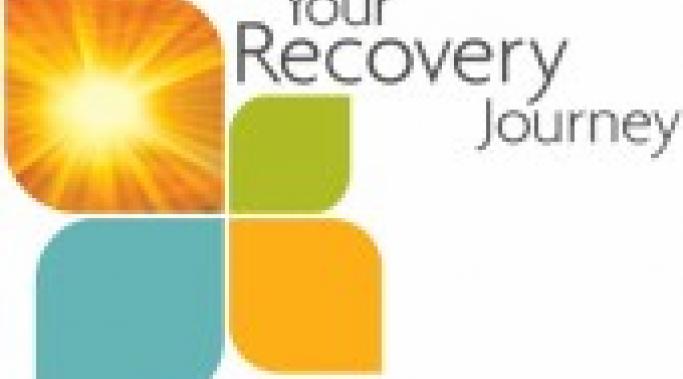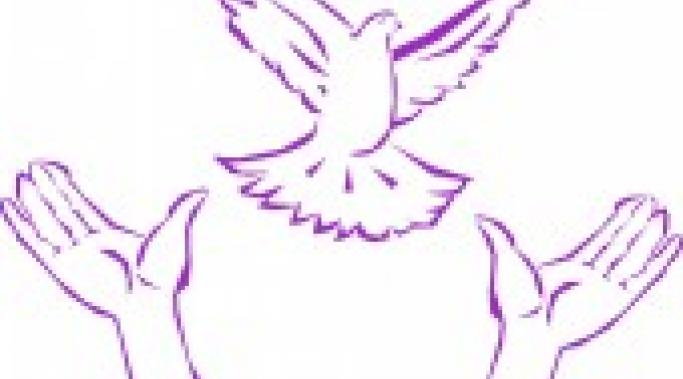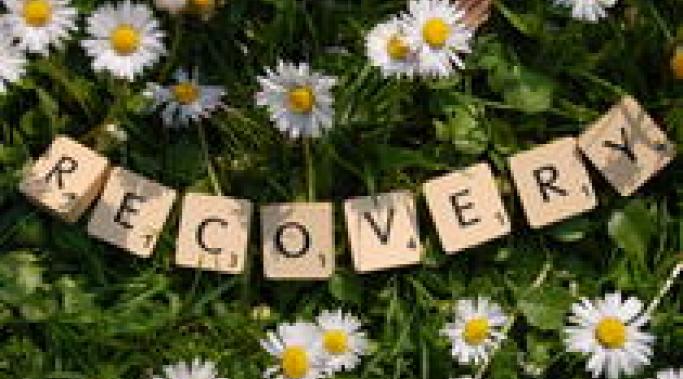I hate to admit it, but when you live with a mental illness there are probably triggers to avoid--triggers that upset the stability we have fought so hard to find (Don't Wait: Prepare for Mental Health Triggers Beforehand). First, let's break it down a little bit.
Addiction – Recovering from Mental Illness
I am twenty-seven years old as I write these words. I own my own home and I have a dog I adore. I cook and I clean and I talk to my family on a regular basis.
When I read the heading of this post, the words mental illness and addiction sort of mold together, like a candle, dripping wax into the same spot. Mental illness and addiction go hand in hand--those diagnosed with a mental illness have a much higher incidence of addiction, this is known in the psychiatric community as co-morbid illness. Fancy words to apply to the content of this post.
I have an ulterior motive when writing this blog, rather, I need to vent a bit. I write about the importance of a healthy lifestyle within these blogs: food, diet, exercise, medication compliance, staying away from excess alcohol and even further away from drugs that are not prescribed to us. Far, far, far away, next country far! I mean these things. I practice what I preach.
But I have not, as I recall, mentioned cigarettes. Nicotine addiction. The chemicals that live in them. I have not spoken about this because I pretended that nearly a decade of smoking, now at the age of twenty-six, I had yet to quit. Well, four long days ago I quit. Cold turkey.
"I'm not sick anymore!" Sound familiar? It does for many people who struggle with mental illness, particularly chronic mental illness, but also addiction and alcoholism. It's important to mention that this feeling is not exclusive to these diseases but for the purpose of this blog let's focus on them.
Let me stress this: Do Not Self-Medicate Mental Illness. This is obvious, right? It should be simple. Why make things more complicated? Being diagnosed with mental illness is crazy enough, so why do a large portion of people, statistically, abuse drugs and alcohol?
I'm human and sometimes I hurt. Just like you do. A few years ago:
I have not slept in three days, maybe four. Sheets hang on my windows. The light stings my dilated eyes. I wince, even among the relative darkness I have created. I have not eaten in days; I drink water tainted with vitamins hoping that's enough.It's been days of drugs and of alcohol. I am surprised I have not died yet.
For many years, that was my life. That was my way of dealing with the diagnosis. I hid behind drugs and alcohol because, in my mind, I would rather be an addict and alcoholic than to be bipolar.
It would be lovely if the diagnosis of mental illness came with a prescription for recovery that was given to all of us. Diagnosed with bipolar disorder? take this pill, you will be fine. You will be recovered! That would be nice, perfect, what a fantastic dream! Then you wake up. You take your medication. That's the reality.
Recovery is different for all of this: treatment is never the same. Some of us, once diagnosed and treated, experience no symptoms of all. On the flip side, some of us struggle on a day to day basis.
Recovering from a serious mental illness can seem impossible, insurmountable at times, and frightening as well. Because I was diagnosed with bipolar disorder at the age of twelve, drugs and alcohol became a way in which I worked to forget about the diagnosis and self-medicate it.
My name is Natalie Jeanne Champagne and welcome to my blog, Recovering from Mental Illness. I am twenty-six years old and am a freelance writer among other things. (People are, of course, much more than their chosen profession!) I have spent the last couple of years working to lessen the stereotype of mental health issues and this blog will reflect that.
I have published a book, "The Third Sunrise: A Memoir of Madness" on my experience with bipolar disorder and addiction. You can learn more about it on my website @ www.thethirdsunrise.com
